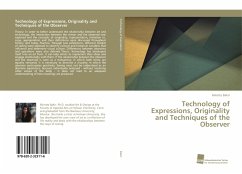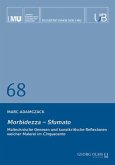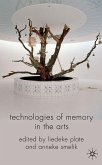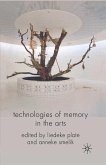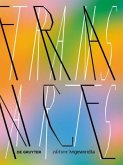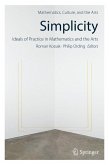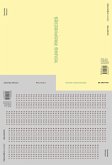Theory: In order to better understand the relationship between art and technology, the interaction between the viewer and the observed was explored and the concepts of originality, representation, imitation vs. copy, appropriation and their definitions were discussed throughout history and today. Practice: Through two exhibitions, different models of seeing were explored to identify cultural and historical variables that influence and determine visual culture. Differences between observers and spectators were also defined. Thesis: Technology has developed itself into an art form. It can help artists to implement their ideas and engage emotionally with them. If the relationship between the observer and the observed is seen as a transaction in which both terms are equally ventured, it is necessary to describe a visuality in which the observer participates positively. Seeing must not be understood as an absolute experience, because individually analyzed - without involving other senses of the body - it does not lead to an adequate understanding of how meanings are produced.
Bitte wählen Sie Ihr Anliegen aus.
Rechnungen
Retourenschein anfordern
Bestellstatus
Storno

